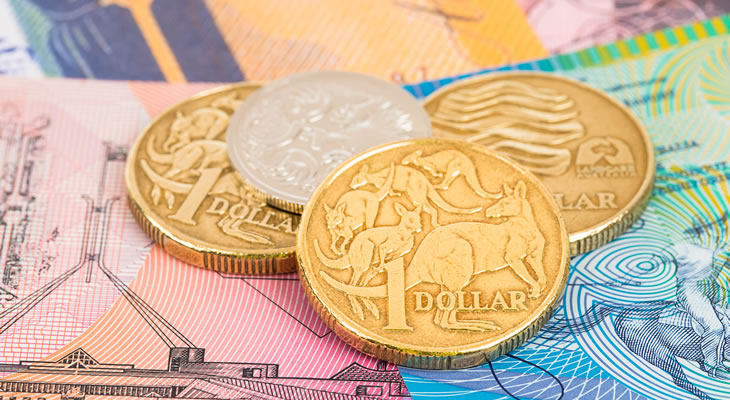Brexit Impasse Sees GBP/AUD Exchange Rate Hit by Losses
The Pound (GBP) has dropped around 0.5% against the Australian Dollar (AUD) today due to news that the UK will likely not be able a Brexit deal with the EU ahead of the deadline.
With the likelihood that Britain faces a no-deal Brexit rattling Pound investors, the British currency has naturally fallen.
The impasse came as Theresa May rejected the EU’s mooted Northern Ireland ‘backstop’ plan, which would see the province remaining in the EU customs union after Brexit.
Employment Figures to Offer GBP/AUD Direction
The Pound could sink further against the Australian Dollar tomorrow when the latest set of UK employment numbers are released.
If the average weekly earnings figures disappoint there is likely to be further downside pressure on GBP/AUD.
Nevertheless, with political news in the driving seat this week, Wednesday’s EU meeting is likely to further impact the value of the Pound.
If the issue of the Irish border and the seemingly intractable problem of a customs union remains unresolved, Pound exchange rates will likely continue to trend lower.
Sterling (GBP) Demand could be Dictated by Inflation Figures
Also on Wednesday will be the release of September’s UK consumer price index (CPI) data.
Economists forecast the figures to show a weakening in inflationary pressure.
If, however, the headline annual CPI comes in above the Bank of England’s (BoE) 2% target, we’ll likely see a rise in the GBP/AUD exchange rate.
Any lessening in the rate of inflation would give the BoE more cause for treading carefully with raising interest rates, further limiting demand for Sterling
Tonight’s RBA Minutes Unlikely to Give AUD Investors Much Hope
Tonight will see the latest minutes being released by the Reserve Bank of Australia (RBA) with traders analysing them closely for any signs of policy hints.
They needn’t look too closely, however, as RBA board member Ian Harper has already spilled the beans saying that the fundamentals of the economy remain strong, even if stubbornly low wage growth and falling house prices remain a concern.
Mr Harper told traders not to expect any near-term interest rate increases, especially with household debt remaining at such a high level, saying:
“The best contribution the bank can make at this juncture is to do what they are doing, which is just to sit and make it quite clear what the logic is, and give a sense of where the economy is headed.”


Comments are closed.